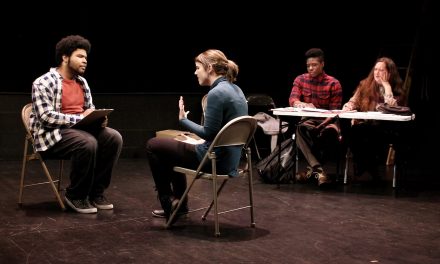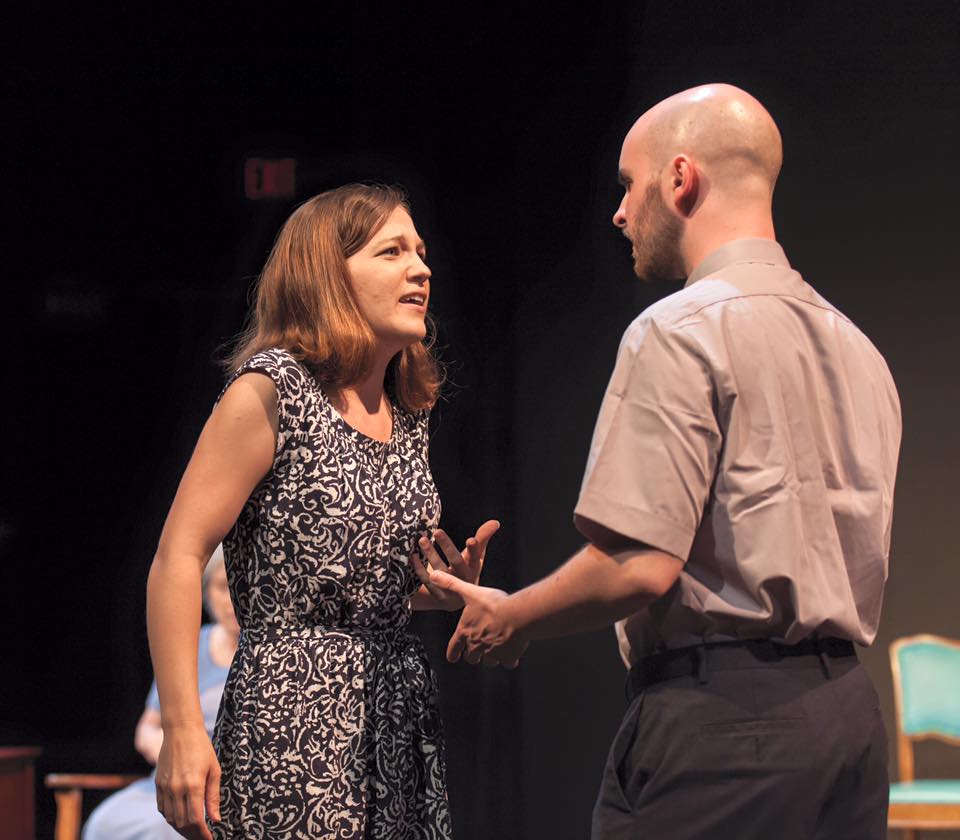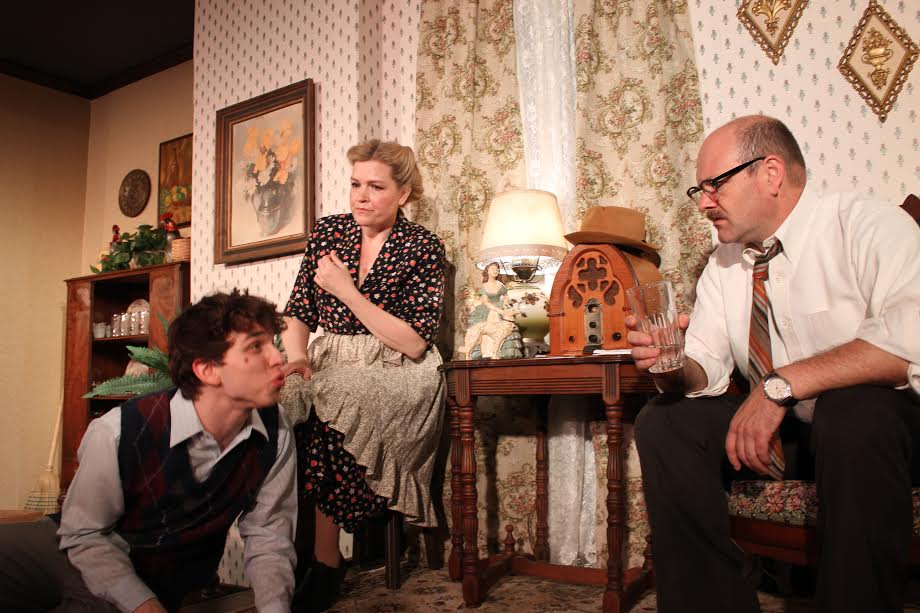 |
| SETC Keynote Speaker Norm Lewis. Photo by Michael J. Lutch. |
By Rachel White
Entire contents are copyright © 2013 Rachel White. All rights reserved.
The annual South Eastern Theatre Conference kicked off last week (March 6-10), this time in our own Louisville, Kentucky. SETC gathers together theater people from all over the south from Kentucky to Texas, uniting both students and professionals. It is an energetic group of people, many of them college kids looking to network, land jobs, or attend the many workshops and productions. With some 4,000 in attendance, it is definitely a happening. I hopped around a little bit to see what was going on.
Among the many workshops was a panel on the director’s relationship with the playwright called Words and Actions: Playwright/Director Collaboration. The panel discussion, led by Rick Saint Peter of Texas Tech, covered the basic relationship between playwright and director, a delicate relationship that requires give and take on both ends. Among the panelists were director Bill Gelber and playwright Mark Charney, both of Texas Tech, and independent screenwriter and playwright Charles Pogue. The writers were filled with tips about how to get along in the business, including the good, the bad and the ugly. One playwright shared a story about how a director once lopped off the ending of the writer’s play to make it “happy” for the audience. Many of the audience members were student playwrights with questions about how to develop trust with a director. Some of these young writers had participated in the SETC 24-hour play festival, a short play festival in which participants erect an entire play from literally nothing within 24 hours.
Other notable workshops included a speech from Actor/Broadway star Norm Lewis, who gave one of the festival’s keynote addresses. The audience was packed for this one, many of them crazy musical theater geeks. But Mr. Lewis remained gracious and took eager questions, requests for hugs, and dinner invitations in stride, even agreeing, maybe a little reluctantly, to do some duets with students. He began with Broadway Lullaby in his deep baritone, and peppered the speech with selections from Les Mis. He shared the travails that led him to the Broadway stage, from his early beginnings as a cruise ship performer to his eventual performances in the Little Mermaid and Les Miserables. His advice for the young performers: “Whatever you choose to do with your life, have passion.”
A few Louisville representatives were also in attendance, including Amy Attaway of Actors Theatre, who led a panel discussion on the upcoming Humana show Sleep Rock Thy Brain. The show is a collaboration between the Actors Theatre Apprentice Company and ZFX Flying Effects. The piece weaves together three one-act plays that explore the science and significance of sleeping and dreaming. The preparation involved bringing the company to a real life sleep clinic to inspire the performers, and also aerial training. The panel included Ms. Attaway and Sarah Lunnie of Actors Theatre, UofL vocal instructor Rinda Frye, and Brian Owens of ZFX Flying Effects. When the Humana Festival is finished, the show will be given another production at UofL.
I ran into many groups at the conference, including a group of students from my alma mater Centre College; many of them were there to look for challenging summer theater work.
At SETC there is always a lot going on, and it can be overwhelming, but it’s a wonderful chance to see the theater people of our region getting together. In addition to workshops, there is a fringe festival and a community theater festival, among so many other events. I remember attending this conference in college and finding it one of the most exciting and intimidating experiences of my life. It was our first crack at working in the professional theater. Dodging the flood of young hopeful actors this weekend – which lined the halls waiting for auditions, rehearsing monologues and singing – I couldn’t help but get a little reflective. Being a theater artist is so different from what I thought it would be when I was in college. It’s a “schlep,” as they say in New York, with more stabs of disappointment than moments of transcendence. But then there are those moments; these kids have no idea what they’re in for.




